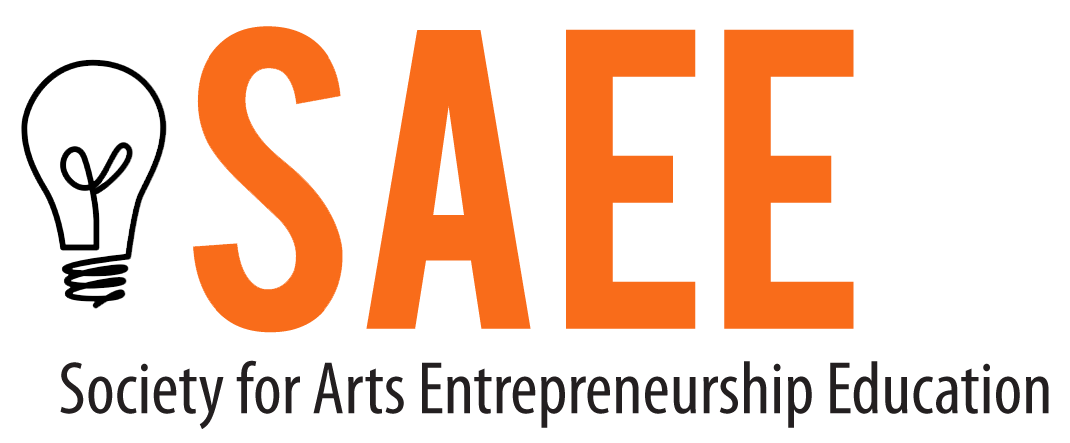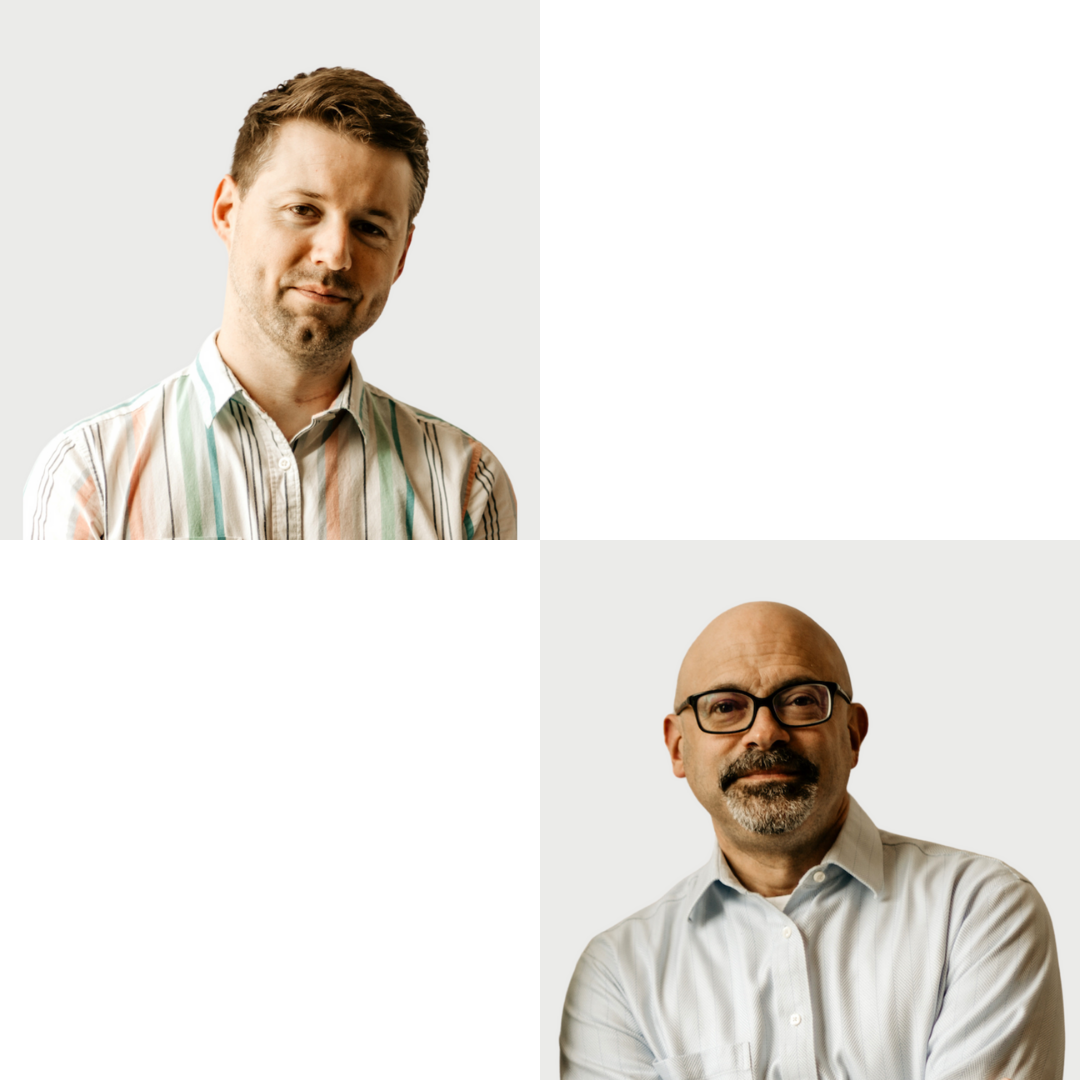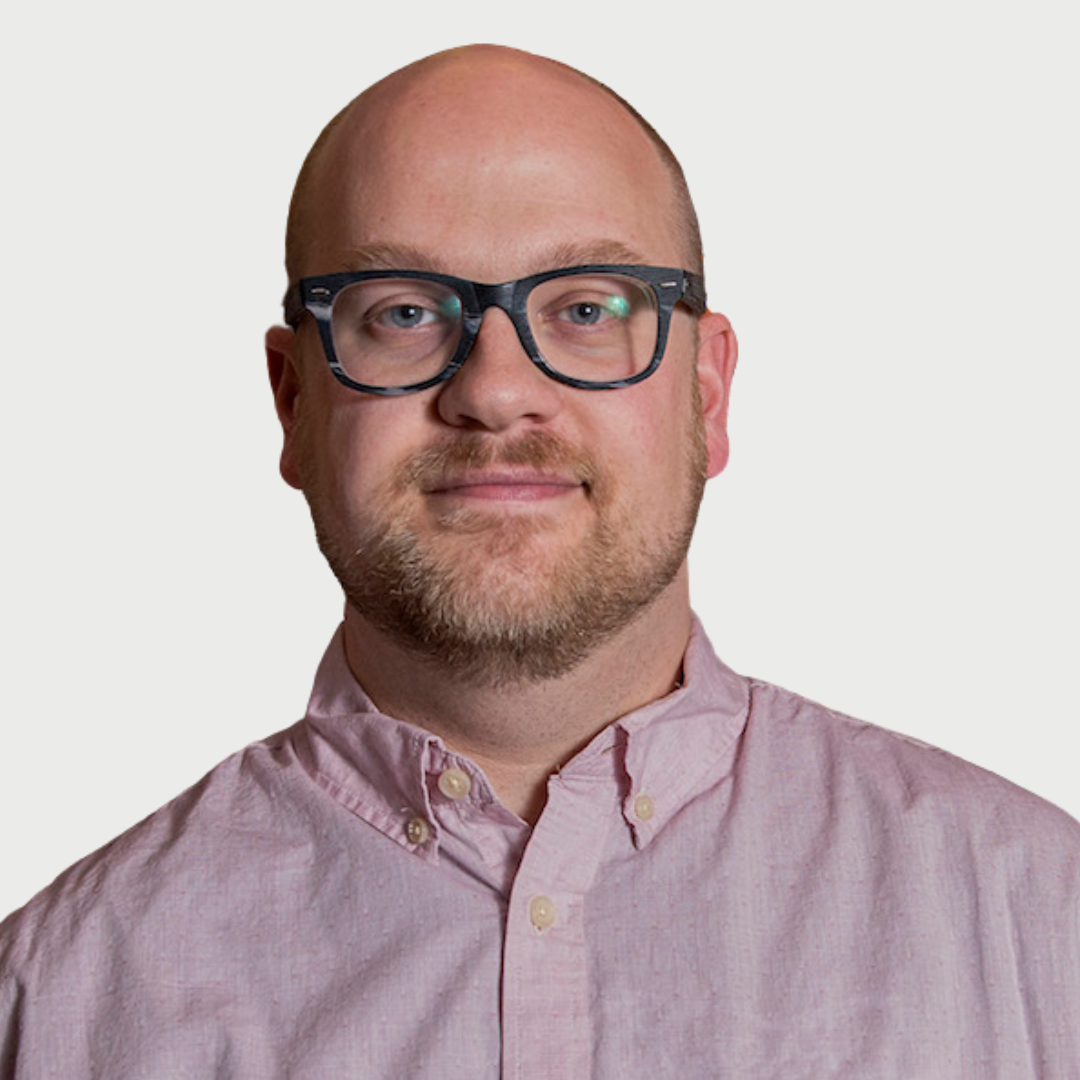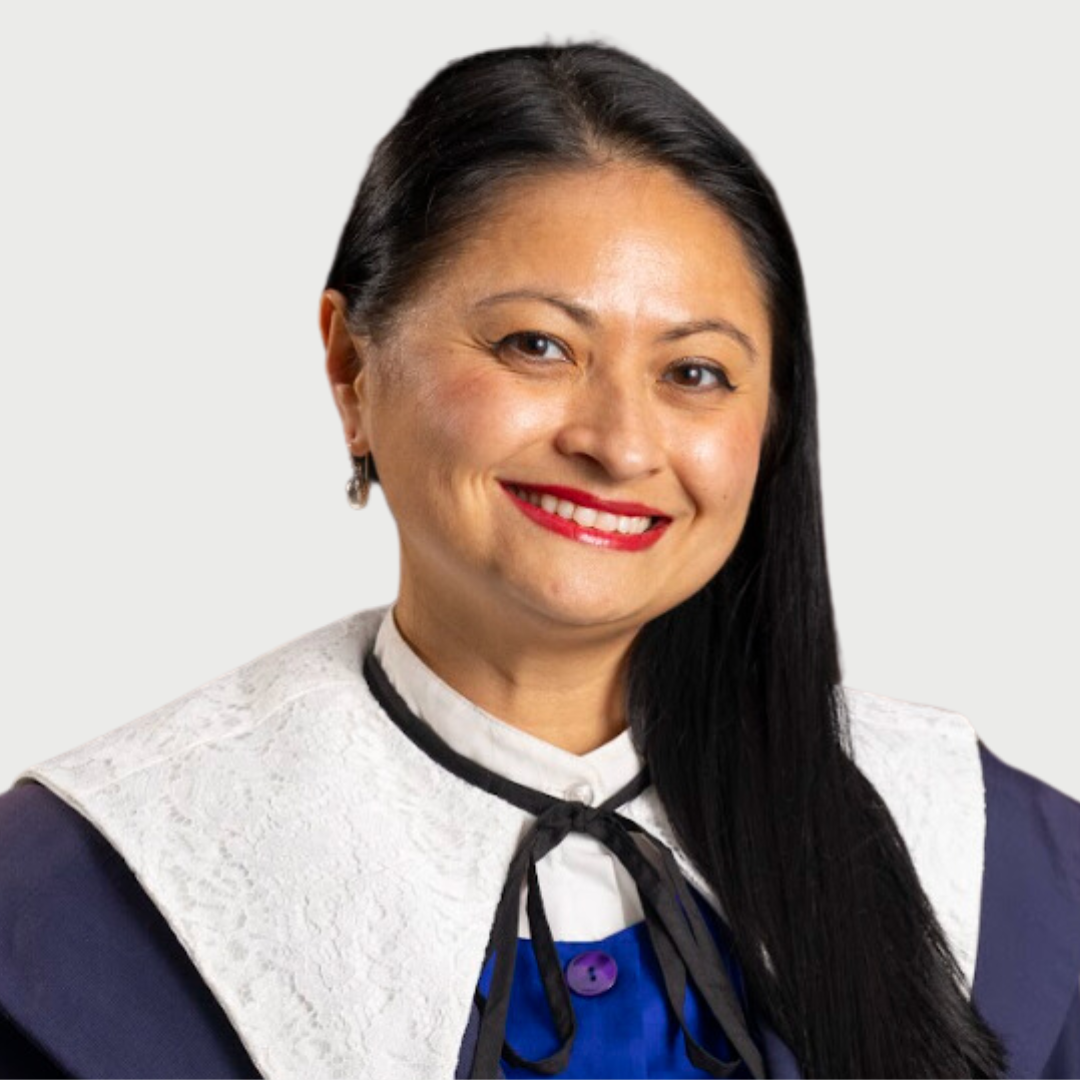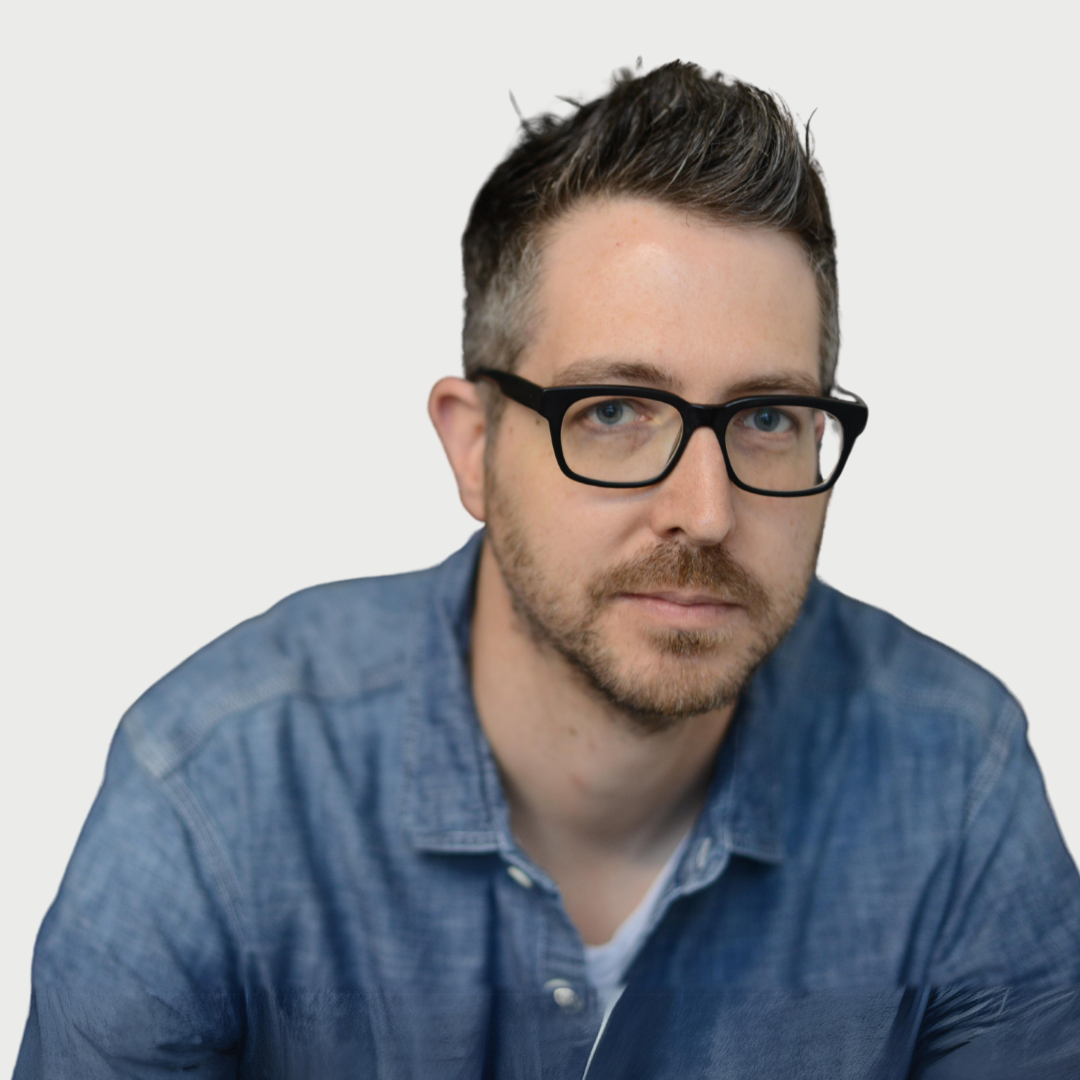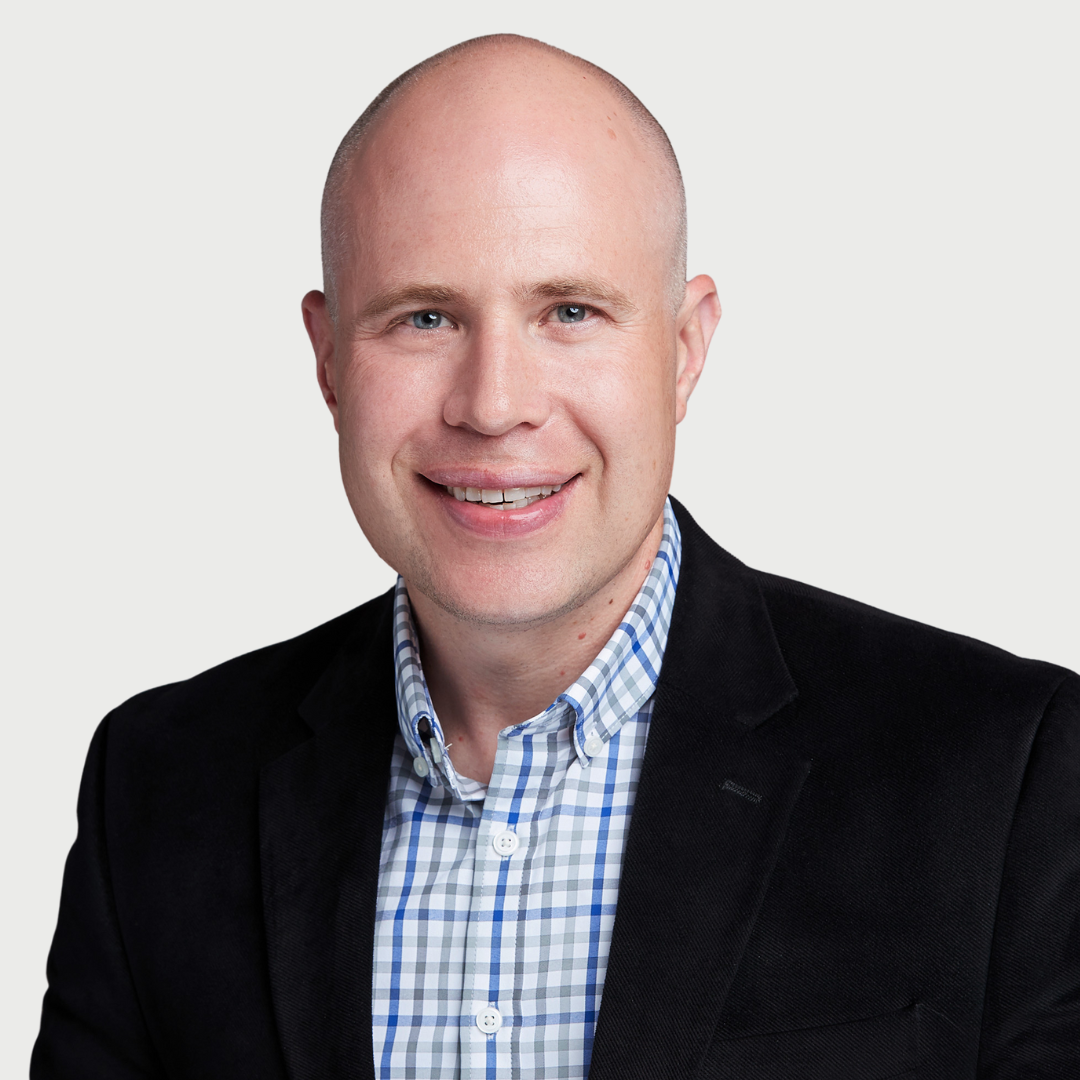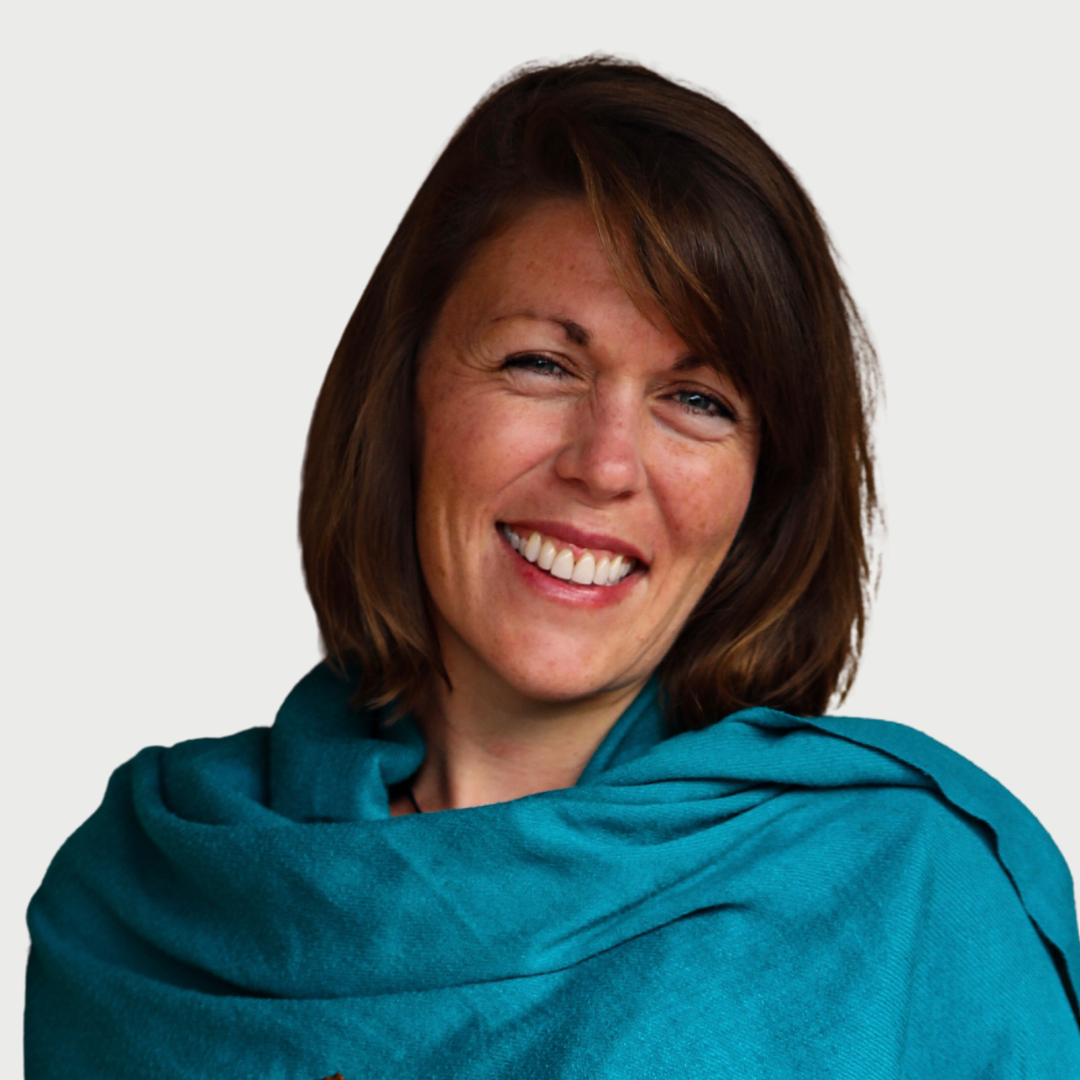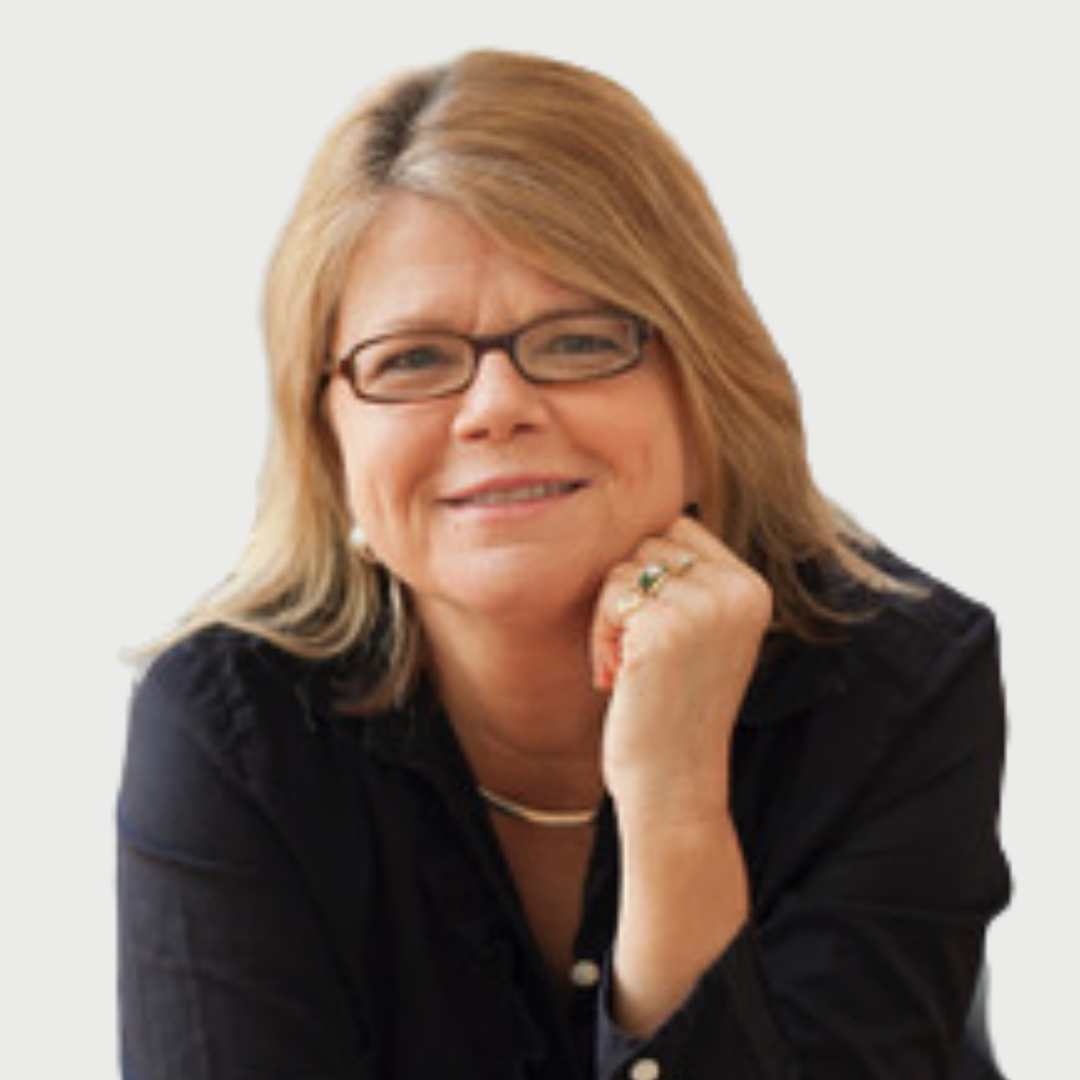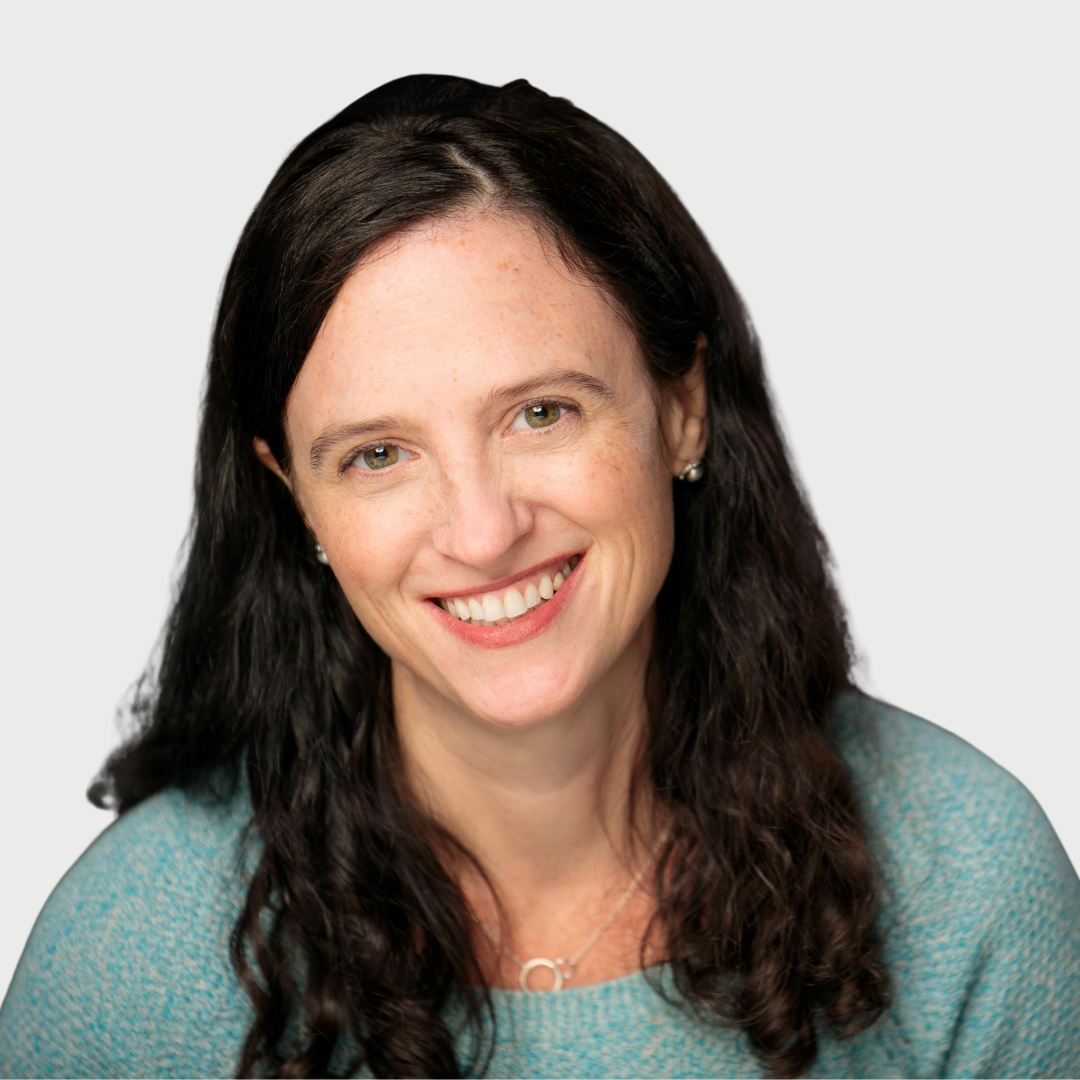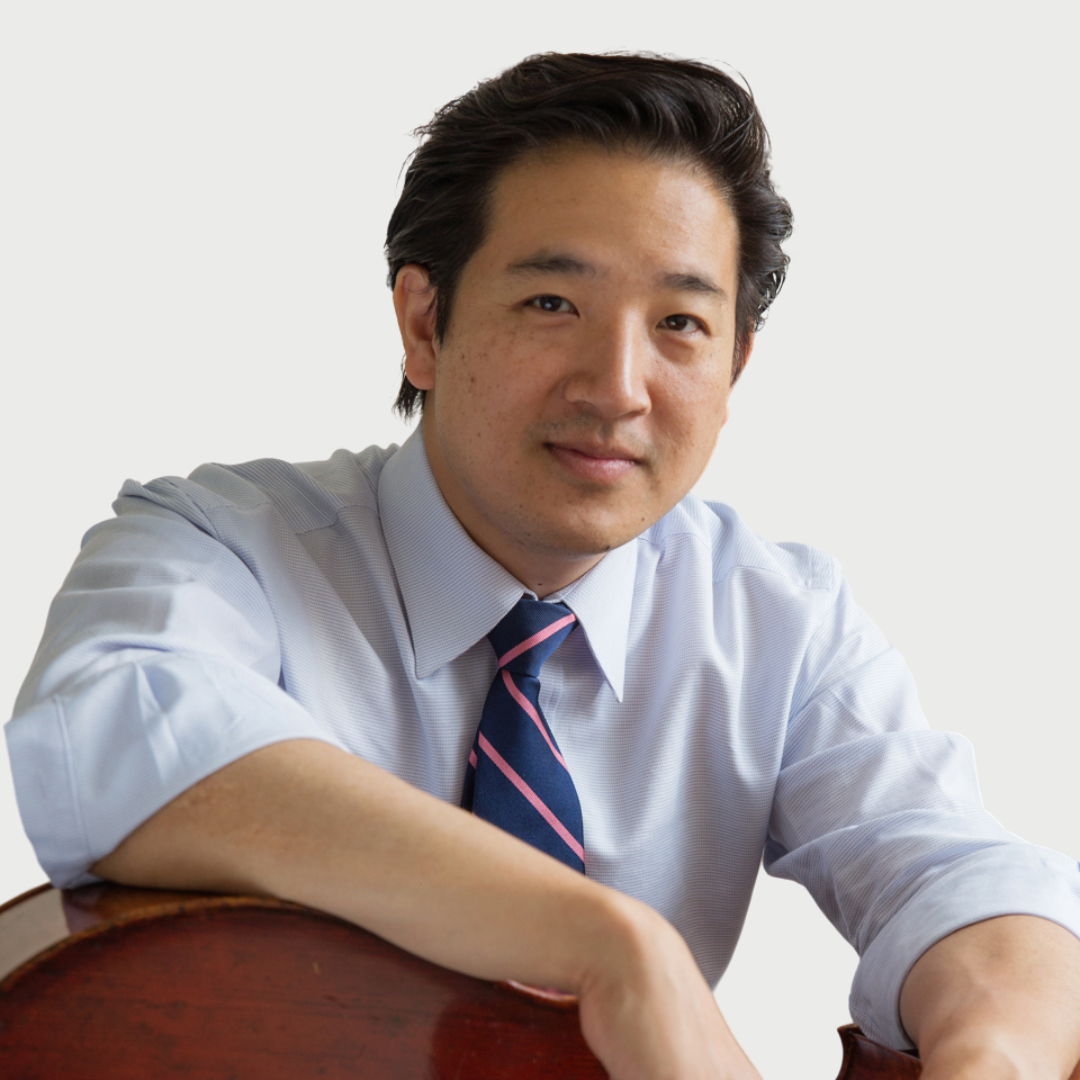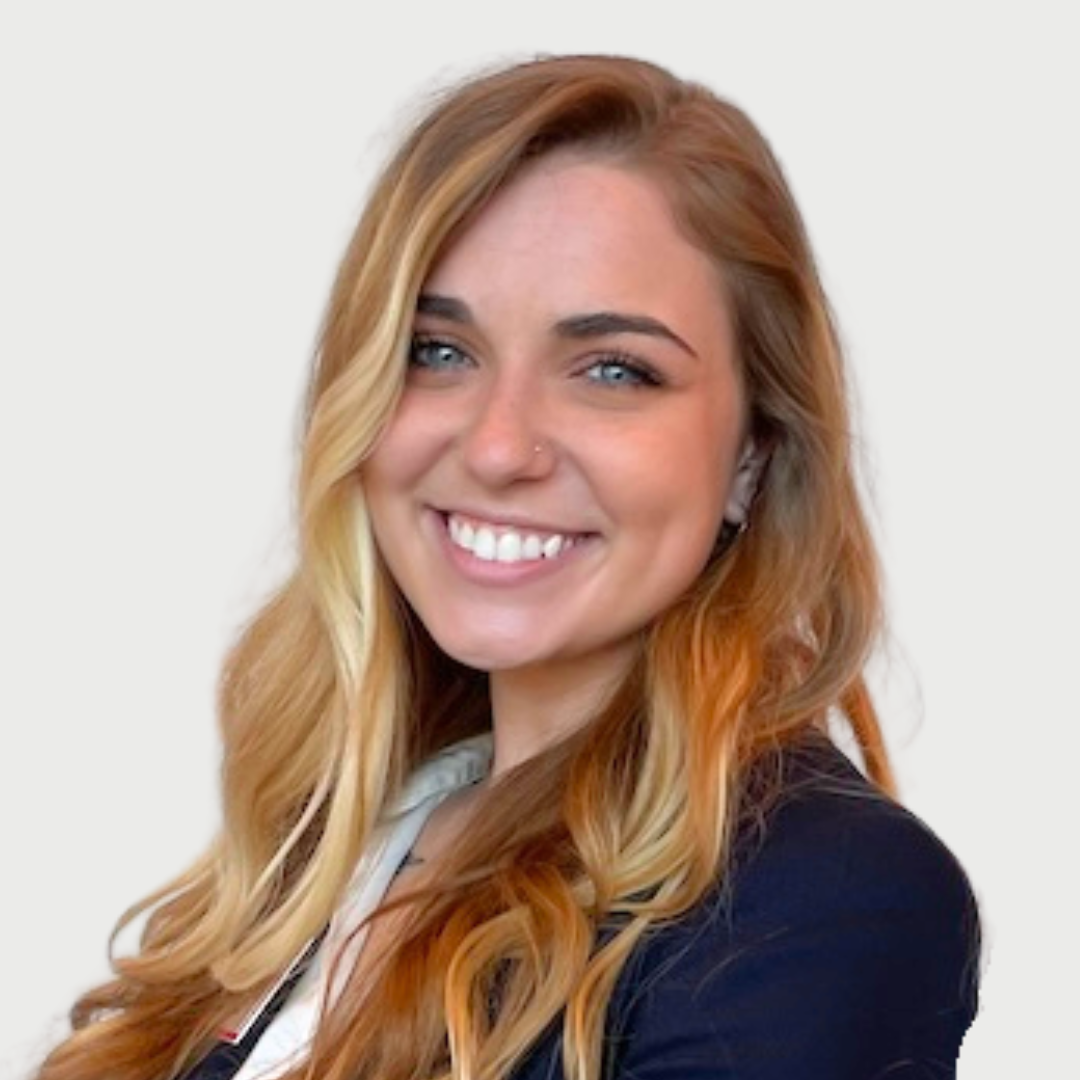McKimmon Conference Center at the NC State Universtiy
March 22-23, 2024
Program and Speakers
Thursday, March 21 (Optional Networking Excursion!)
Friday, March 22 - Full Day Conference
8:00 - 9:00 - Registration & Coffee
9:00 - 10:15 - Keynote Speaker
10:15 - 10:30 - Break
10:30-11:30 - Room 1
Sara Hartmann
Massachusetts College of Art and Design
"Fear & Money: Addressing Financial Anxiety in the Classroom"
Money is a stressful topic for many. For some students, financial anxiety can be so acute that it poses an impediment to learning. This workshop will share the processes and exercises used in the Creative Economy Business Incubator program at Massachusetts College of Art and Design to address and ease financial anxiety.
Participants will gain practical tools for fostering an open dialogue on financial matters by exploring the personal and cultural perceptions that shape students' beliefs about money. Our focus extends to techniques for cultivating a classroom environment that destigmatizes money talk, creating a space where students feel comfortable engaging with the financial dimensions of their artistic pursuits.
10:30-11:30 - Room 2
La-Tasha Best-Geddy and Beth Yerxa
Infinity Bridges, Inc. | Triangle ArtWorks
"Building with Intention to Provide Opportunities for the Collective - Getting real business support to emerging arts organization leaders"
Small or emerging arts organizations, especially those led by or showcasing BIPOC artists, play a crucial role in fostering new and diverse art. Despite their impact, these organizations often grapple with achieving financial sustainability. While funding for these organizations is growing, there is a lack of impactful capacity-building support. Recognizing this gap, Triangle ArtWorks collaborated with Infinity Bridges to create AccelARTS, a cohort-based capacity-building accelerator tailored to equip arts leaders with the essential business tools and knowledge for organizational growth. This format emphasizes peer support, addresses the unique needs of busy adults, and provides mentorship to make a profound impact. In this discussion, the creators and instructors of AccelARTS, along with some cohort members, will delve into the reasons behind the program's effectiveness, offer insights on reaching adult learners, and share perspectives on the transformative impact achievable through such initiatives.
10:30-11:30 - Room 3
Andrew Heise and Nick Petrella
University of Missouri-Kansas City |
Kent State University
"Podcasting to Create Dynamic Course Content"
Nick Petrella (Kent State University) and Andrew Heise (University of Missouri-Kansas City) will share how and why they took their team-teaching collaboration to the next level by creating a podcast (Arts Entrepreneurship Podcast: Making Art Work) and have continued to manage it for nearly three years. They will detail their approach to tackling the technical aspects of starting the podcast, their decision to form an LLC, and how they leverage their talent stacks to maintain weekly releases. Time permitting, the co-presenters will engage attendees in a live podcast recording on the topic of arts entrepreneurship education to be released as a podcast episode following the SAEE conference. Whether you’ve thought about starting your own podcast, currently have a podcast, or are curious about how podcasts get made, you won’t want to miss this session!
11:30-12:30 - Room 1
Christina Manceor
Peabody Institute of the Johns Hopkins University
"How to Support Student Participation in Extracurricular Experiential Learning”
Experiential learning is a key avenue to prepare higher education arts students for careers in an evolving arts industry, and institutions must ensure programs are accessible, engaging, and relevant to students. Drawing on a literature review and small-scale mixed methods study on the supports and barriers to extracurricular experiential learning participation, this presentation discusses the importance of experiential learning, the factors that were most influential for students to learn about, prioritize, and apply to programs (including systemic inequities that may play a role), and how to use this knowledge to increase student engagement with and access to experiential learning.
11:30-12:30 - Room 2
Dr. Rand Harmon
University of Northern Colorado
"Teaching Collaborative Creation and Communication”
Collaboration, particularly collaborative creation and communication, is a valuable skill for both students of arts entrepreneurship and emerging artist-entrepreneurs. When emerging artists engage in “co-labor” with peers, unless they employ inclusive language and act from a position of invitation—sharing in the creative responsibility—their productivity or perhaps even outcomes may fall short of their potential. Phrases like “make art with me” or “make art for me” exist on different ends of a cognitive and emotional spectrum, with very different interpretations of creative commitment.
This session will propose and present a different metaphor for collaboration and collaborative creation. I will offer examples of inclusive and inviting phrasing for requests and feedback, and overview some best practices for effective collaborative communication. This session is structured so as to leave room for discussion and Q&A.
Concluding the presentation, I will present a creative exercise designed to practice the proposed collaboration concepts and techniques. Session participants can take away from the session an exercise they can implement in courses utilizing or teaching collaborative communication and/or creation. I will outline the exercise and distribute it for takeaway either in paper or digital format.
11:30-11:55 - Room 3
Jeremy Peters
Wayne State University
"Centering the Arts Entrepreneur: Using Ethnography as a Method for Arts Entrepreneurship Research”
In traditional entrepreneurship research, a focus on surveys and de-identified data tends to remove the person or actor from the research. We know that this is due to constraints with research ethics – when generalizing it is incumbent on the researcher to protect the confidentiality of the research subject. Yet, much of the person-as-entrepreneur is lost in this process. Still, as researchers and educators of arts entrepreneurship, we argue that the person-as-entrepreneur is central to the venture: that creator’s aesthetic vision, their relationship with their ecosystem, and the relationship of the creator with an audience for their artistic activity. How do we bridge the gap? How do we tell their stories in ways that speak to the type of research our institutions value and simultaneously generate scholarship that is useful in the classroom? This session proposes bridges for scholarship and teaching using examples of archival research, oral history, and ethnography to center the person (or persons) doing arts entrepreneurship. While much more intensive (and costly) to practice, this session proposes these methods as ways of teaching and researching the history and present in arts entrepreneurship as models for understanding the enaction of the process.
12:00-12:25 - Room 3
Rebecca A. Ferrell
College of Charleston/University of Kentucky
"Entrepreneurial Empowerment in the Performing Arts: A Pedagogical Imperative”
This presentation illuminates the imperative integration of entrepreneurial coursework within the curriculum of performing art majors in BFA programs. As the nexus between artistic aptitude and economic viability gains prominence, this scholarly exploration navigates the intersectionality of creativity and business savviness. Through an in-depth analysis of the transformative potential inherent in empowering performers with entrepreneurial proficiency, the paradigm shift required for sustainable careers in the performing arts sector is translated through case studies representing private, public, and conservatory-based institutions in the United States. Curriculum analysis, alumni trajectories, and recommendations for BFA performing arts programs will be woven throughout the presentation.
12:30-14:00 - Lunch
14:00-14:25 - Room 1
Stacy Stube
Maryland Institute College of Art - Ratcliffe Center for Creative Entrepreneurship
"Evolving from Exhibition to Enterprise”
Learn how to move from an exhibition into an impact-driven enterprise? At the Maryland Institute College of Art - Ratcliffe Center for Creative Entrepreneurship we saw that many eligible students were not applying for the UP/Start Venture Competition that awards seed funding from a pool of $105,000.
There are many reasons for this which include an inability to translate their practice into a business pitch, a disregard for the business community and in some cases not knowing where to start beyond a canvas of work.
Venture competitions are missing the mark by speaking in a language that is foreign and/or rejected by the artists they hope to serve. Award money motivation alone is not a pathway to an open studio door. What if there was an entrepreneurial way through the exhibition process to advocate for expressions that could lead to venture discovery.
What if you could leverage training tools familiar to the artist, but in a way that allowed them to harness the various dimensions of their impact through enterprise? In this way, the evolution of the artist into the venture space would lead to a more natural alignment before pitch time.
14:30-15:25 - Room 1
Zane Forshee with Christina Manceor, Robin McGinness, Valerie Hartman
Peabody Conservatory of the Johns Hopkins University
"How to Integrate Curricular Entrepreneurship and Creativity with Career Services”
As the landscape of the arts industry evolves, higher education career training must adapt along with it. This session outlines how the Peabody Conservatory of the Johns Hopkins University integrates a required core curriculum of professional skills and entrepreneurship courses supported by the career services office to create an engaging, accessible, and scalable model of curricular skill-building alongside extracurricular experiential learning to effectively prepare artists for 21st century arts careers. We’ll discuss the transformation of career services at Peabody, how integration facilitates pathways from curricular learning to applied experiences, share outcomes and takeaways, and offer forward steps for other institutions.
14:00-15:30 - Room 2
Josef Hanson
University of Memphis
"Crafting Compelling and Collaborative Research in Arts Entrepreneurship: An Interactive Work Session”
Do you have a research idea that needs refinement? Or are you eager to collaborate on a research project but don’t know where to begin? This workshop is for both novice and seasoned researchers looking to develop empirical research projects that contribute to the progress of arts entrepreneurship as a field of inquiry. At the conclusion of this session, participants will leave with a fully-formed research idea (including a problem/purpose statement, research questions, and proposed methodology written in a formal abstract) and at least one partner with whom they can collaborate. After a brief overview, participants will work in pairs/small groups to develop a research concept, clarify their ideas in writing, and craft a stepwise plan for carrying out their project. Insights on reviewing literature, choosing a methodology, reporting findings, and publishing completed manuscripts will also be shared. A laptop or tablet will be needed for the brief writing intervals that will occur throughout the workshop. By following the guidelines provided in this workshop and setting incremental goals, participants will be able to create meaningful research contributions towards the development of new understanding in the field of arts entrepreneurship.
14:00-15:30 - Room 3
Cynthia Deis and Tiffany Coley
Triangle ArtWorks | Triangle ArtWorks
"I Didn’t Know This Used Math! Creating A Better Pricing Model For Working Artists”
Do you teach arts entrepreneurship to working artists and feel that your pricing exercises are not exactly what you need? From standard formulas to complicated, multi-step story problems, pricing exercises in Arts Entrepreneurship books and courses can leave many working artists confused and annoyed. The internet is full of tip sheets and quick fix answers that ignore business needs like profit and some artist's inclinations away from capitalism, concepts like profit and, let's admit it, math. What do artists do? Fine artists leave it up to their gallerists. Fine craft artists poll their customers at the market. Neither has a full understanding of what, exactly, they are doing when it comes to the algebra and formulas usually taught in courses. Many aren’t sure if they really are making money. In this open-format workshop we’ll examine current models of pricing formulas and rubrics, and then work together to create a framework for a better system of teaching the skill of pricing one’s own artwork. We’ll talk about artists of all kinds who create a physical product; from painters to potters, from photographers to puppet-makers. As a group, we’ll work toward creating a simpler, more functional pricing exercise or tool to use in our practice as educators.
Who should attend this session: arts entrepreneurship educators who work directly with artists and want to serve them better.
What should you bring: any of your own current pricing exercises or activities that you want to share with the group.
What will you get out of this: an exposure to a wider variety of pricing models and (hopefully) the ability to better serve the artists you work with.
15:30 - 16:00 - Break
16:00 - 17:00 - Room 1
Dr. Gary Beckman and Dr. Jose Ruiz-Resto
NC State University | University of Florida
"A Program Collaboration Model: How Two University Arts Entrepreneurship Programs worked Together”
In the spring of 2023, the University of Florida and NC State University teamed up to collaborate on a student-based, year-long arts entrepreneurship project. This workshop outlines how NC State students marketed a collection of music composed by UF students, with proceeds going to the food pantries of each university. Importantly, the workshop describes how two programs collaboratively acted to provide vital learning opportunities for students and how other programs can replicate similar models.
16:00 - 17:00 - Room 2
Youngaah Koh and Angela Meleca
Miami University | Meleca Creative Advisors
"Reimagining Arts Advocacy: A Paradigm Shift towards Innovation, Prosperity, and Real-World Impact”
In this session, we delve into the concept of "New Arts Advocacy," an approach aimed at reshaping the narrative surrounding the arts. It transcends traditional advocacy methods, instead focusing on fostering strong relationships with elected officials to drive lasting, tangible policy changes that benefit all.
Departing from traditional perspectives that often pigeonhole the arts as mere aesthetic expressions, our initiative seeks to challenge conventional paradigms by spotlighting the arts' untapped potential as catalysts for economic growth, innovation, and problem-solving.
The session will start with a brief presentation on “new advocacy” and the presenters’ ongoing collaboration in this regard since 2021, including a state-level legislative roundtable with undergraduate students, a research project, and a team-taught course in Spring 2024 involving a class advocacy field trip to the state capital.
Our study explores the significant impact of the arts on higher education, employment opportunities, and social progress. We shift the narrative surrounding the arts by showcasing their potential to tackle practical issues, encouraging a cross-disciplinary approach, and nurturing an environment of creativity and ingenuity.
The arts can create economic advantages by integrating creativity with solutions-oriented endeavors, positioning them as influential catalysts for transformation.
This presentation prompts arts administrators to adopt a progressive mindset that recognizes the vital role of the arts in fostering a vibrant and inventive society. We invite you to embark on a journey into the unexplored realm of New Arts Advocacy, where imagination merges with practicality and the arts take center stage as catalysts for growth and positive change.
16:00 - 17:00 - Room 3
Sarah Off
University of Northern Colorado
"Artificial Intelligence and the Arts Industry”
Artificial intelligence has already had an immediate and palpable impact on many industries in our society. Many are asking what AI can do to benefit them and their work while others are frightened by the potential downsides of such a powerful tool. In the arts, generative AI has been met with both worry about protection of creative works and excitement about the potential creative innovations and multiplicity capabilities of the tool. This session will examine some of the more exciting potentials of AI in the arts industry as well as the primary concerns that are currently being discussed by creatives. These discussions are leading to foundational questions such as “What constitutes art?” and “Who or what is considered an artist?” How will AI impact our artistic perspectives and the very parameters and paradigms that are foundational in the arts industry? This session will provide information, resources and dialogue to help us help our students and ourselves navigate this new and exciting challenge.
17:00 - 20:30 - Dinner & Social activity
Saturday, March 23 - Full Day Conference
8:00 - 9:00 - Registration & Coffee
9:00 - 10:15 - Keynote Speaker
BETH YERXA
Triangle ArtWorks
After Graduation - Preparing arts and arts entrepreneurship majors to find the support they need to build sustainable careers - While there has been some progress, recent graduates who choose to make a career in the arts may still struggle to find the community resources and support they need to build financially sustainable careers, or even find a community that considers what they do to be “work. Ms. Yerxa will address the state of business support for artists and arts entrepreneurship outside of the academic setting and what Triangle ArtWorks is doing to expand this support in North Carolina. Then we will dig into what we are hearing from working artists about gaps in academic preparation for “life on the outside” and ideas for addressing these gaps, and ideas for how you can build connections with local arts service organizations to benefit both your students and your community.
Bio
Beth Yerxa is Executive Director of Triangle ArtWorks, a nonprofit serving the arts as a business sector in the Triangle region of North Carolina and rapidly moving across the State. In this role, Beth works with other economic development, small business and arts service organizations to ensure that artists in the Triangle have the resources they need to thrive, while also working to increase the visibility and power of the arts community as a business segment. Through this work, she is helping the broader community – as well as the arts community itself – shift their view of the arts from “charity” to “business sector.
Prior to helping found Triangle ArtWorks, Beth served on the City of Raleigh Arts Commission, chairing that Commission for an unprecedented three years. She is currently a member of the North Carolina Small Business Alliance and the City of Durham Small Business Advisory Committee and on the Board of Arts North Carolina, the statewide arts advocacy nonprofit. She is a frequent speaker on the role and impact of the arts community as a vital business segment in North Carolina.
Beth began her career in Washington, D.C. as a litigation attorney handling toxic tort claims and advising trade associations regarding emerging environmental laws. In Raleigh, she expanded her practice to include compliance and regulatory matters for businesses of all sizes, as well as providing advice on environmental issues in real estate and corporate transactions. Beth received her J.D from the College of William & Mary and her B.A. from the University of Richmond.
10:15 - 10:30 - Break
10:30-11:30 - Room 1
David Howson and Elizabeth Dubben
Skidmore College | Skidmore College
"Starting from Scratch: Building an Arts Entrepreneurship Program at Small Liberal Arts College”
Using the genesis of the Entrepreneurial Artist Initiative at Skidmore College, presenters will share their process of creating a robust, interdisciplinary, student-centered arts entrepreneurship program in a liberal arts context. Topics covered will include curriculum development, securing resources, engaging donors and alumni, and navigating the complex politics of academia. Through real-life examples, participants will learn how to avoid pitfalls and take calculated risks that result in innovative programming.
10:30-10:55 - Room 2
Ariel Fristoe
Out of Hand Theater
"Theatre Can Be Financially Viable and Serve the Greatest Community Needs”
Pairing theater with information and conversation leads to a culture shift towards social justice, increases visibility, and provides new income streams, making theater financially viable and increasing its community value while serving the greatest community needs.
2023 saw a steady stream of articles about American theaters in jeopardy. Prestigious theaters around the country are pausing and terminating programs and laying off staff. Meanwhile, Out of Hand Theater is booming. They have landed on a model that has tripled their income in four years while moving their neighbors to action on important issues and elevating the role of theater in their community. It’s a win for art, a win for business, and a win for their community.
Winner of The New York Times Best Theater of 2020 and the Governor’s Award for the Arts and Humanities 2021, Out of Hand works at the intersection of art, social justice, and civic engagement. They use the tools of theater to help create a more just world through programs that combine theater and film with information and conversation. Since 2001, they have collaborated with dozens of community partners to produce programs that combine art to open hearts, information to open minds, and conversation to process emotions and information and make a plan for action. All their programs are partnerships with community organizations, government agencies, businesses, other nonprofits, and/or schools. They take place in homes, schools, businesses, houses of worship, community centers, public spaces, and online.
11:00 -11:25 - Room 2
Kacie Willis
Could Be Pretty Cool
"Podcasts as a Qualitative Research Tool for Creative Industries”
Dive into the dynamic intersection of audio storytelling and qualitative research in the creative sector. This session explores the unique potential of podcasts as a rich and nuanced tool for capturing the diverse perspectives within the creative industries. From unveiling untold stories to extracting deep insights, we'll navigate the art of crafting meaningful narratives and leveraging the power of sound to enhance qualitative research. Whether you're a researcher, content creator, or industry enthusiast, this session promises to amplify your understanding of how podcasts can elevate qualitative research in the creative sector.
10:30-11:30 - Room 3
Adrian Fung
Creative Edge Group
"Empowering Arts Entrepreneurs: A Digital Marketing Skills Workshop”
Gaining customers is among the core challenges arts entrepreneurs face. Arts presenters are reporting declining subscription bases and gaining new paying audiences continues to be a challenge. The good news is that the democratization of marketing capabilities which used to cost over $100,000 a year is now at one's fingertips.
This workshop is designed to equip arts entrepreneurship educators with the tools and knowledge to train their students in often-overlooked areas of digital marketing.
Key areas of emphasis will include:
Social Media Metrics and Data Analytics: Industry benchmarks, what they mean, and how to use them to your advantage. Gain confidence and understanding for what needs to be adjusted to improve your campaigns.
Funnel Marketing: Learn how traditional direct response marketing and e-commerce strategies have deep applications for ticketed artistic events. From simple setups of sales pages, customized checkouts, behavior tracking, and email automations, this workshop will walk through the fundamentals so share with your students essential skills necessary to bring their ideas to their target markets.
E-commerce Essentials: Exploring online sales platforms, optimizing product listings, and implementing effective e-commerce strategies for artistic products and services.
This workshop aims to empower both educators and students with the skills necessary to thrive in the intersection of art and commerce.
11:30-12:30 - Room 1
Jim Hart
Southern Methodist University
"Creativity: The Keystone of Entrepreneurship”
Creativity is essential in both art and entrepreneurship. Entrepreneurs create various entities like teams, products, and services, making entrepreneurship a highly creative pursuit. By tapping into students' creative instincts, artists and non-artists alike can unlock their natural ability to innovate. Engaging students in creative entrepreneurial activities boosts their chances of generating new ideas. This workshop provides tools to help students understand and utilize their innate creativity as entrepreneurs.
11:30-12:30 - Room 2
Jennifer A. Reis
UNC Greensboro
"Thinking (Art) Entrepreneurially: Embedding Entrepreneurship Skills into Arts Management Curriculum”
Thinking entrepreneurially is a valuable skillset for arts management students to gain prior to entering the marketplace as an arts administrator, an arts-based business owner, or combination thereof. This session will provide course context with a focus on a specific cultural administration practice-based project which embeds entrepreneurial mindsets and actions.
“Co(Lab): Designing a Cross-Sector Cultural Program” is the initial intensive project in an introductory arts administration and entrepreneurship course which heavily relies on project and practice-based learning, including a strong emphasis on collaboration and a “studio” classroom culture. In brief, the team-based project leads students through a multi-week in-class process from ideation to a pitch presentation revolving around the question “how can we design a cultural community-oriented project through cross-sector organizational partnership?”.
Throughout the project, students learn and use entrepreneurial skills and activities including needs assessment, market research, target market avatars, prototype pitching, pivoting, cost/benefit analysis, marketing strategy, and financial management within constraints.
11:30-12:30 - Room 3
Kathryn Brown
North Carolina State University
"Transitioning from College Student to Arts Entrepreneur: Support Needs and Wellness Challenges”
This discussion session explores the overarching research question: "What specific wellness challenges do college students encounter as they transition from being a student to being an entrepreneurial arts professional, and how can our field support our students in meeting these challenges during this critical moment in their careers and lives?" I look forward to discussing this important topic with students, faculty, staff, artists, and administrators to gain a diversity of perspectives and insights. I hope that not only will this session inform my research trajectory, but it will also generate valuable discussion within our community to better support our students and alumni in doing impactful things out in the world.
12:30-14:00 - Lunch
14:00-15:00 - Room 1
Jada Wyatt
Fifth-Year Student at NC State University
"Knowledge Transfer Framework: Creating Need-Based Offerings”
Designing offerings to effectively share knowledge and resources with student Artists can be extremely challenging. This presentation outlines a framework for identifying needs and creating offerings that address them directly by providing specific and actionable resources. Insight into student pain points can help you analyze need dimensions, which should subsequently inform the offering you create. I will outline common engagement indicators for university students and reach deeper into how the specificity of students being Artists makes meaningful engagement even more difficult to foster. I’ll introduce a dual approach to collecting information about student experiences, which emphasizes both social listening to the dynamic shifts in student concerns as well as the long-term holistic support that students need. We will transition into a discussion around goal setting and building offerings based on the needs you uncover, then outline how to apply the framework through a series of tools and resources. We will also discuss considerations for the best ways to communicate, measure, and improve such offerings in ways that are accepted by your students. We will close by reflecting on application cases: workshops I have developed based on the framework.
14:00-15:00 - Room 2
Kasna Maat Ra
Arts Empowered, Inc.
"The Art of Street Entrepreneurialism: Seeking Artistic and Economic Freedom Through Hip-Hop Culture”
Street Entrepreneurialism: The study and application of fair trade and Hip-Hop business management. Commonly referred to as street trade, having game, the natural salesman, or the smooth diplomat. It is the readiness to engage in the creation of a business venture that brings about grassroots business practices. Many of Hip Hop’s apprenticeships begin here. https://thetempleofhiphop.wordpress.com/the-9-elements/streett-entrepreneurialism/
This workshop takes a deep dive into the connection between content, culture, and community development through the lens of Hip-Hop culture and its influence on business. From fashion to branding, Hip-Hop culture has made a lasting impact on how companies market to their consumers. From Run DMC's branding with Adidas, to GAP, Sprite, and Mountain Dew commercials, to investment in cryptocurrency, Hip-Hop has been responsible for the success of young creatives since the 1970s. Today, artists such as Jay-Z, Kanye West, Rick Ross, the late Nipsey Hussle, etc. have been at the forefront of this effort. In this proposed workshop, we will investigate several case studies regarding Hip-Hop’s role in business, as well as identify best practices and effective strategies for engaging students in the classroom through experiential learning.
14:00-15:00 - Room 3
Jonathan Gangi
Penn State University College of Arts & Architecture and School of Music Director of Arts Entrepreneurship
"Arts Entrepreneurship Academic Program Design & Reinvention: Why, How, and Ideas to Share”
Recent changes at Penn State University include a new president and administration, a new budget model, and exorbitant fees for students enrolling in more than 19-credits per semester. These changes have resulted in much uncertainty and instability. This environment at the university has created the opportunity to apply design thinking and entrepreneurial theories and methods towards adapting the arts entrepreneurship program to survive and thrive. In this workshop, I will present the problems I've been encountering and the solutions that are currently in development. The goal is to share struggles and ideas for improvement, and then to invite all workshop participants to offer suggestions to the challenges at Penn State and also to brainstorm together about how to address challenges others face at their institutions, with the goal of providing ideas and pathways forward for those in similar situations. This is intended to be a participatory workshop where all attendees will be encouraged to share their knowledge, ideas, problems, and brainstorm solutions together to collectively provide help and strengthen our field.
15:00 - 15:30 - Break
15:30 - 16:30 - AGM/Awards
16:30 - 17:00 - Drink reception
17:00 - 20:00 - Dinner & Social Activity
Sponsors
Thank you to our Sponsors: North Carolina State University, Miami University, University of Missouri - Kansas City, Southern Methodist University, and Creative Edge Group
